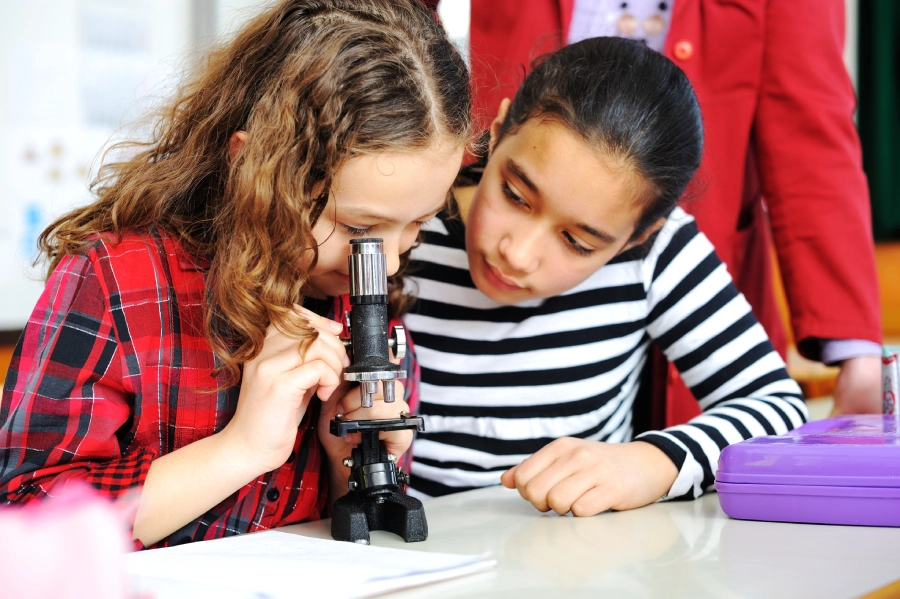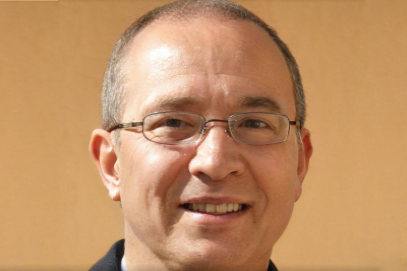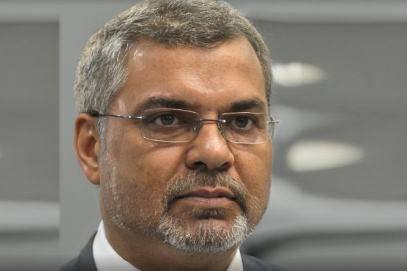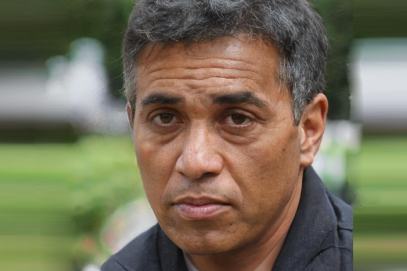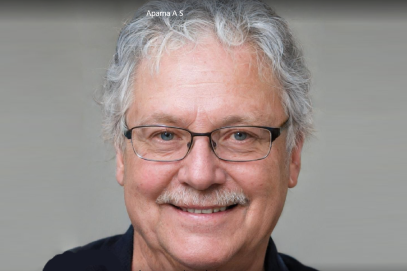What We Cover in Key Stage 3 Biology
Our KS3 biology tuition follows the National Curriculum while adding depth and clarity to help students fully engage with the subject. We break complex topics into clear, manageable lessons that support classroom learning and build long-term retention.
-
Cells and Organisation
Students learn about the basic building blocks of life — cells, tissues, organs, and systems. They explore cell structure and function, specialised cells, and the organisation of the human body. Lessons focus on developing scientific language and using microscopes and diagrams effectively. -
Structure and Function of Living Organisms
This includes detailed study of the skeletal and muscular systems, respiration, digestion, and circulation. Students learn how different systems work together and how lifestyle factors affect health and body function. Diagrams, models, and case studies help deepen understanding. -
Reproduction and Growth
Students examine plant and human reproduction, life cycles, and the stages of development. They explore topics such as puberty, fertilisation, and gestation in humans, as well as seed formation and germination in plants. Lessons aim to clarify misconceptions and explain changes in a factual, supportive way. -
Health and Disease
This strand covers the body’s defence mechanisms, types of diseases (infectious and non-infectious), and how vaccines and medicines work. Students also look at the impact of diet, exercise, and hygiene on personal health. -
Ecosystems and Interactions
Students explore ecosystems, food chains, adaptation, and environmental change. They learn how energy flows through ecosystems, how organisms depend on each other, and how humans impact the environment. Real-world scenarios help connect theory to current issues like pollution and biodiversity loss. -
Inheritance and Variation
Foundational genetics are introduced, including inherited and environmental variation, simple genetics, and classification. Students begin to understand how traits are passed on and how species are organised based on similarities and differences. -
Scientific Thinking and Investigation
Throughout our lessons, students develop the ability to plan biological investigations, make observations, analyse data, and draw logical conclusions. They build confidence in using scientific language, handling evidence, and interpreting biological information.
Building Confidence in KS3 Biology
Biology can inspire curiosity, but it can also become overwhelming without the right support. Students may struggle with abstract processes or feel unsure about using scientific language and diagrams. That’s where our structured, student-centred approach makes a difference.
At Jaya’s Academy, we focus on building confidence alongside knowledge. Our tutors are skilled at identifying learning gaps, explaining topics clearly, and adapting their teaching style to suit each learner.
We reinforce key ideas through repetition, application, and regular feedback — helping students feel more confident in science class and better prepared for their GCSE science journey.
Whether your child is finding biology challenging or wants to explore it in more depth, Jaya’s Academy provides flexible, tailored, and encouraging support to help them thrive — online or in person.

 United Kingdom
United Kingdom Middle East
Middle East Australia
Australia United States
United States Europe
Europe Canada
Canada